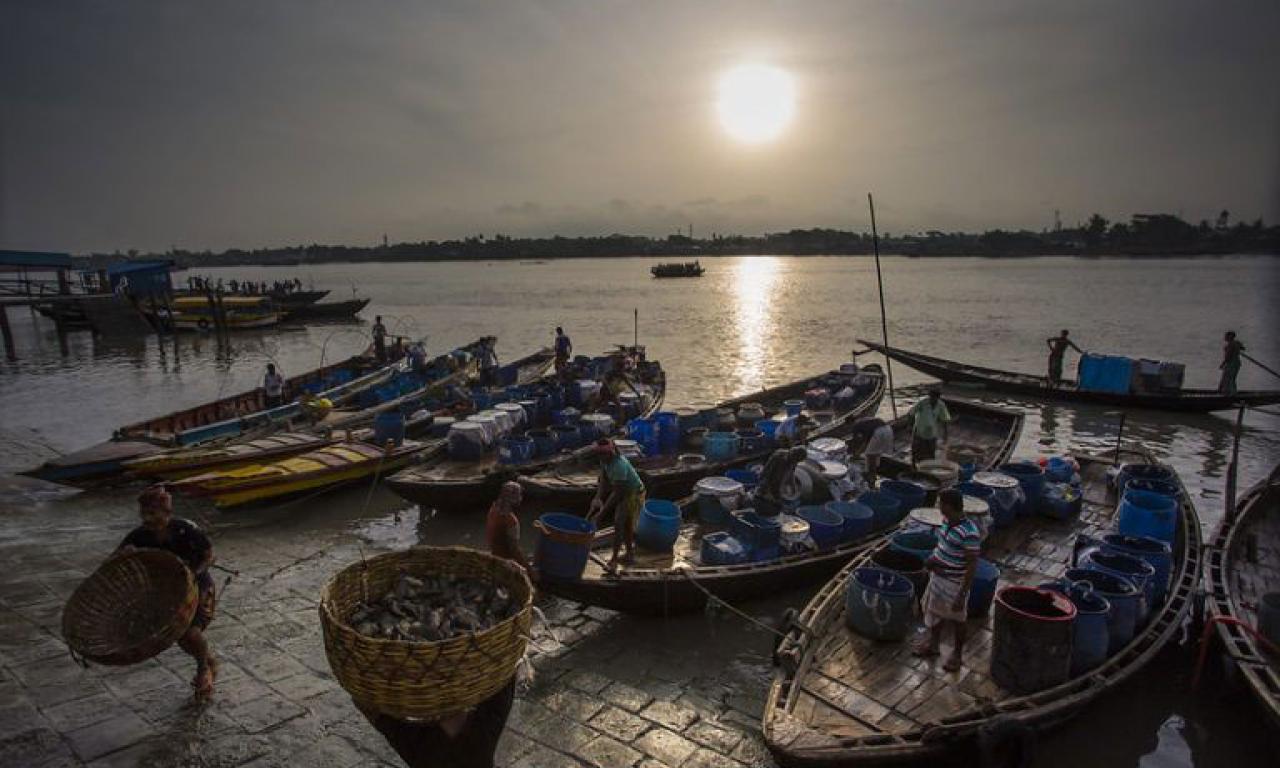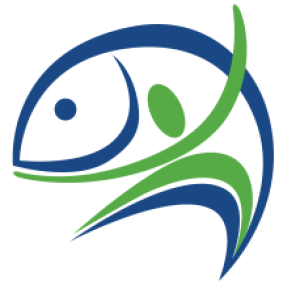
Over 190 countries made a formal commitment to sustainable and inclusive aquatic food systems at the 34th session of FAO’s Committee on Fisheries (COFI34). The move underscores the critical role of aquatic foods to achieve the 2030 sustainable development agenda and transform global food systems for healthy people and planet, a global concern that will be discussed at the UN Food Systems Summit in September.
Over 190 countries made a formal commitment to sustainable and inclusive aquatic food systems at the 34th session of FAO’s Committee on Fisheries (COFI34). The move underscores the critical role of aquatic foods to achieve the 2030 sustainable development agenda and transform global food systems for healthy people and planet, a global concern that will be discussed at the UN Food Systems Summit in September.
At the end of the week-long meeting, FAO member states endorsed the first-ever Declaration for Sustainable Fisheries and Aquaculture, setting a global vision to boost aquatic food systems’ contribution to ending hunger and all forms of malnutrition while supporting livelihoods. In its observer role, WorldFish submitted evidence-based recommendations on how aquatic foods can lead COVID-19 recovery and advance the sustainable development agenda that shaped the declaration.
The high-level commitment will guide policies and investments for the sustainable management of aquatic resources and improve data collection in aquatic food sectors to support evidence-based decision-making. It builds upon existing international instruments to promote sustainable fisheries and aquaculture around the world, such as the landmark FAO Code of Conduct for Responsible Fisheries, recognizing successes since the endorsement of the Code and identifying new and urgent priorities.
Amidst global disruptions to food value chains due to the COVID-19 pandemic, WorldFish and partners underscored the potential for fish and other aquatic foods to ‘build forward better’ as part of recovery efforts. Formal submissions addressed how sustainable aquatic food systems can enhance food and nutrition security while driving an equitable economic resurgence in low- and middle-income countries.
In 2018, global fisheries and aquaculture production—excluding aquatic plants—reached an all‑time record of nearly 179 million tonnes. Overall capture fisheries, with 96.4 million tonnes, represented 54 percent of the total, while aquaculture, with 82.1 million tons, accounted for 46 percent. COVID-19 exposed the vulnerability of small-scale fishers and aquatic food farmers to market forces; increasing resilience in food value chains and supporting their most vulnerable actors was of high priority among COFI observers and remains a continual goal WorldFish.
WorldFish holds a special Memorandum of Understanding with FAO for joint research and innovation to build fishers and fish farmers’ resilience. A subsidiary body of FAO, COFI is the only inter-government forum exclusively focused on the challenges faced by fisheries and aquaculture. COFI provides non-binding policy recommendations to governments and regional fishery bodies to foster sustainable aquatic food systems. It also conducts annual reviews of the successes and shortcomings of global agreements; the thirty-fourth summit sought to review the efficacy of the FAO’s Code of Conduct for Responsible Fisheries following its twenty-fifth-anniversary enactment.
